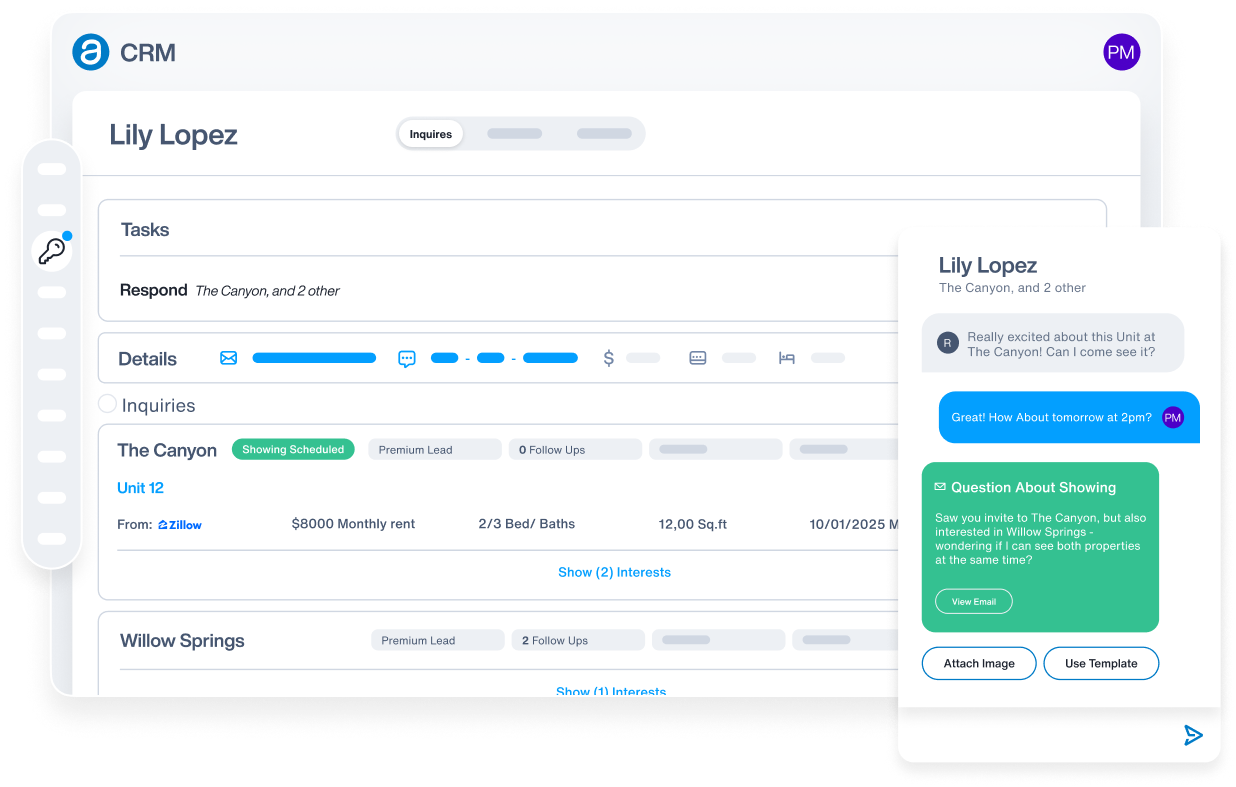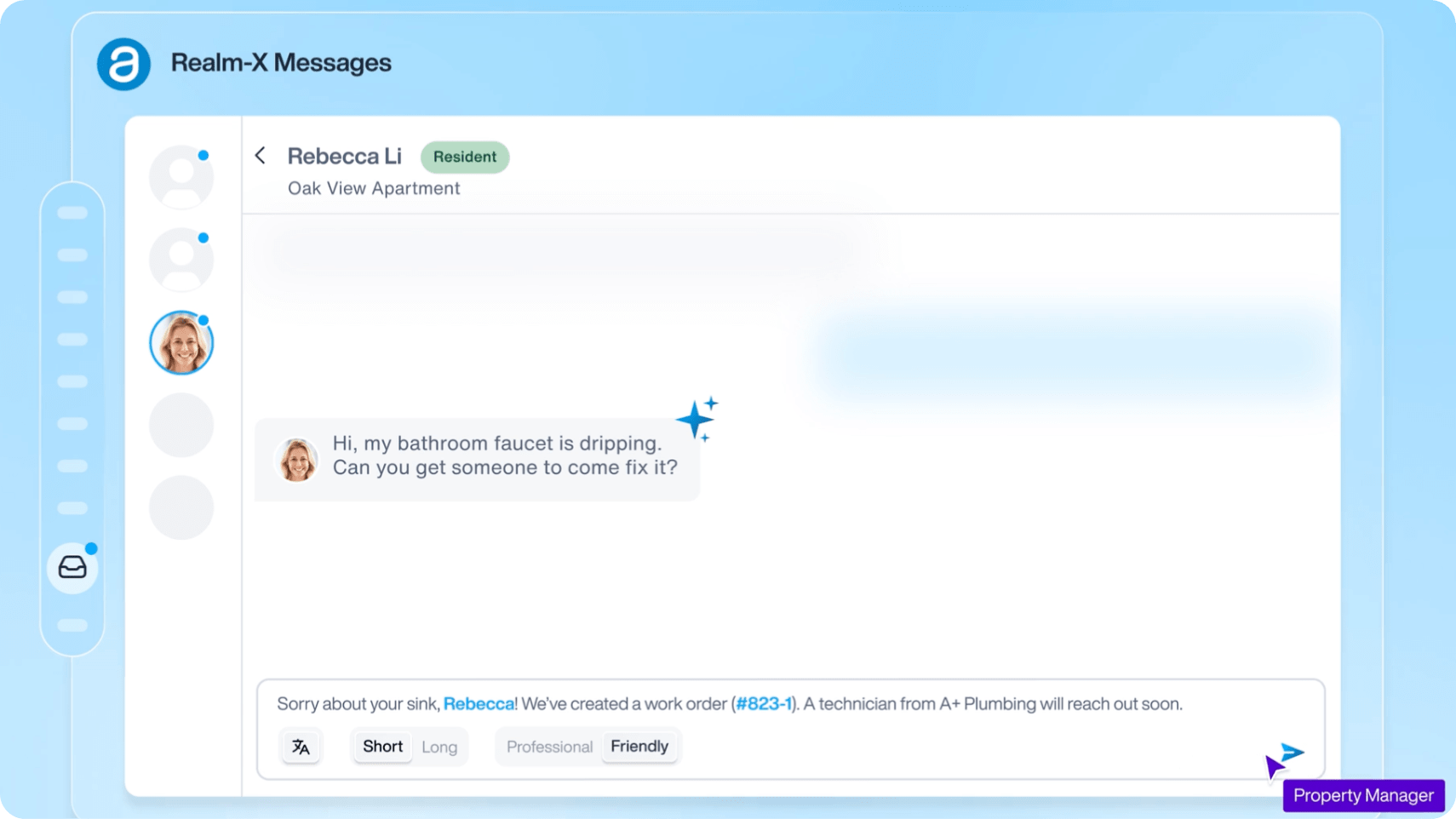Published on March 15th, 2024
By Marc Frenkiel
In a competitive real estate market, establishing a distinct brand for your property is key to attracting renters. Your property’s brand encompasses its identity, reputation, and perceived value in the minds of your target audience. Proper branding and positioning can differentiate your real estate offerings from the competition while helping to command premium pricing and build long-term equity in your market.
Here are some tips and strategies to uplevel your property-level branding and positioning.
Define Your Property’s Unique Value Proposition
To stand out in a crowded marketplace, you’ll need a unique value proposition.
Start by identifying the defining characteristics that differentiate your property from those of your competitors. Ask yourself what unique features your property offers and how they might address specific resident needs better than others. Below are some key components to consider.
Target Audience
Know who your property serves best. Aim your unique value proposition at a specific market segment that values what you offer. Be careful, however, to respect fair housing laws. Ads or communications overtly geared toward a certain age demographic or family type can be in violation.
Benefits
List the tangible and intangible benefits your property provides. These include location, proximity to public transportation, amenities, community, and pricing.
Features
Highlight any unique design elements, architectural qualities, or services that contribute to a distinctive living experience.
Crafting Your Statement
Define the Promise
What can renters or owners consistently expect?
Emphasize the Distinction
Clearly articulate how your property differs from others.
Be Concise
Your property’s unique value proposition should be a clear and succinct statement.
Use your unique value proposition consistently across all marketing materials to reinforce your property’s identity and convey a consistent brand message. Check out this helpful article for practical tips and examples to fine-tune your property’s unique value proposition.
Develop a Brand Identity
Brand identity is how a brand presents itself to the world and how its target audience perceives it. It needs to be carefully crafted and maintained to ensure consistency and convey the brand’s values, message, and personality.
When building your property’s brand identity, focus on creating a memorable logo and establishing a consistent voice that resonates with your target market. These elements are crucial, as they lay the foundation for how your brand is perceived.
Logo and Visual Elements
Your logo acts as the face of your property and is often the first thing people will associate with your brand. It should embody the unique attributes of your property and be easily recognizable.
When designing a logo, consider elements such as color schemes and typography, as each color and font type can convey different emotions and impressions to prospective customers. For example, blue often represents trustworthiness, while bold fonts may communicate strength and stability.
Going beyond your logo, visual elements include all the imagery associated with your brand: photos, videos, brochures, and digital renderings. Maintain consistent visual aesthetics across all platforms and physical materials, as consistency reinforces brand recognition.
Brand Voice and Messaging
Your brand voice defines how you communicate with your audience. Are you aiming for a professional tone? Maybe you want a friendly and approachable vibe. The choice of language and the tone used in your messaging should reflect the personality of your property and appeal to your target demographic.
By meticulously crafting your logo, visual elements, and voice, you’ll develop a strong brand identity that distinguishes your property in a crowded market.
Craft a Unique Positioning Strategy
Asset management teams work to strategically position a property within the market. This involves identifying the target audience and tailoring the property’s branding and marketing efforts to appeal to that demographic. The branding should align with the asset’s value proposition, whether it’s luxury, affordability, location, convenience, or a unique amenity.
How do you want to position this property in the market? Do you want to be known for using higher-quality materials? Energy efficiency? A unique brand positioning strategy is vital to stand out and grow your brand. For a deeper dive into property positioning, check out this article from real estate marketing agency Proven Partners.
Online Presence and SEO
Your online presence is your digital handshake with potential customers. Begin by optimizing your website’s structure and content to boost its visibility on search engines. Make it mobile-friendly, use relevant keywords in your titles and headings, and ensure your site’s loading speed is lightning fast. It’s important to consistently monitor and adjust your SEO strategies to remain competitive in the dynamic landscape of search engine algorithms. Make data-driven decisions to refine your positioning, ensuring it resonates with your target audience and aligns with market dynamics.
Property-level branding and positioning are pivotal in standing out in a competitive real estate market. By crafting a brand identity that appeals to your target audience and emphasizing the unique selling points of the property, you can create a compelling narrative that elevates your property above the competition. But remember, branding and positioning are meaningless without consistently delivering on the promises of your brand. Check out these universal tips for enhancing the resident experience. With the right approach, your property can truly thrive and leave an unforgettable mark in the minds of your clientele and within the marketplace.
Looking for more insights on boosting your digital marketing efforts? Download our free property management guide to digital marketing below. It walks you through the most critical strategies for digital marketing success and demonstrates how those strategies can create a lasting impression with prospects in all the right ways.










Comments by Marc Frenkiel